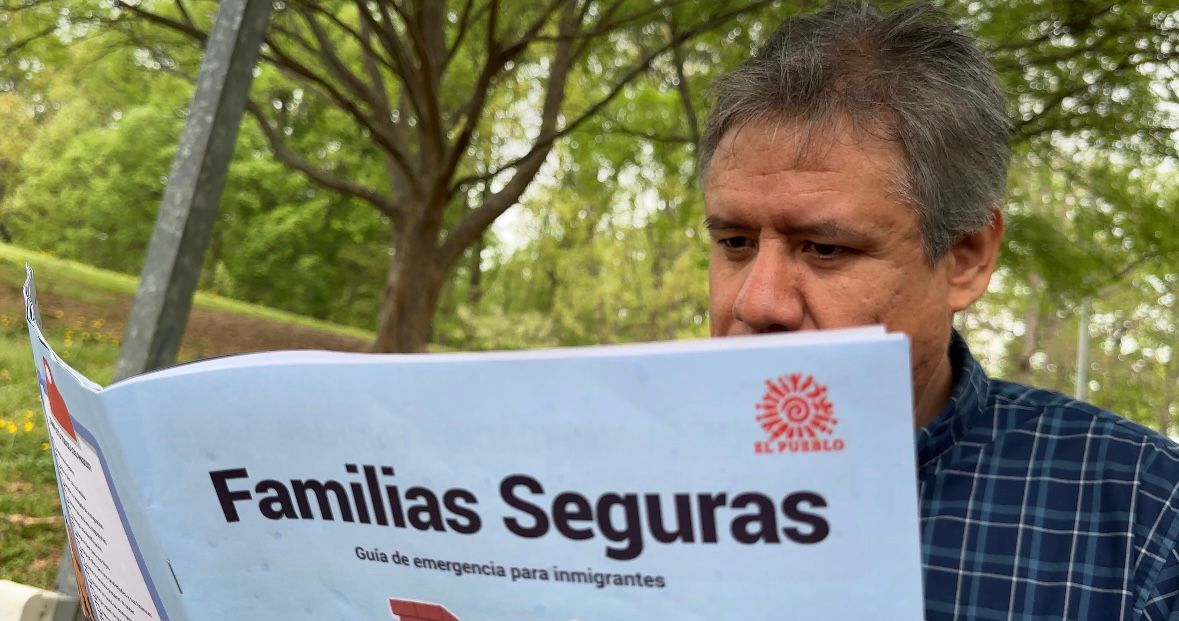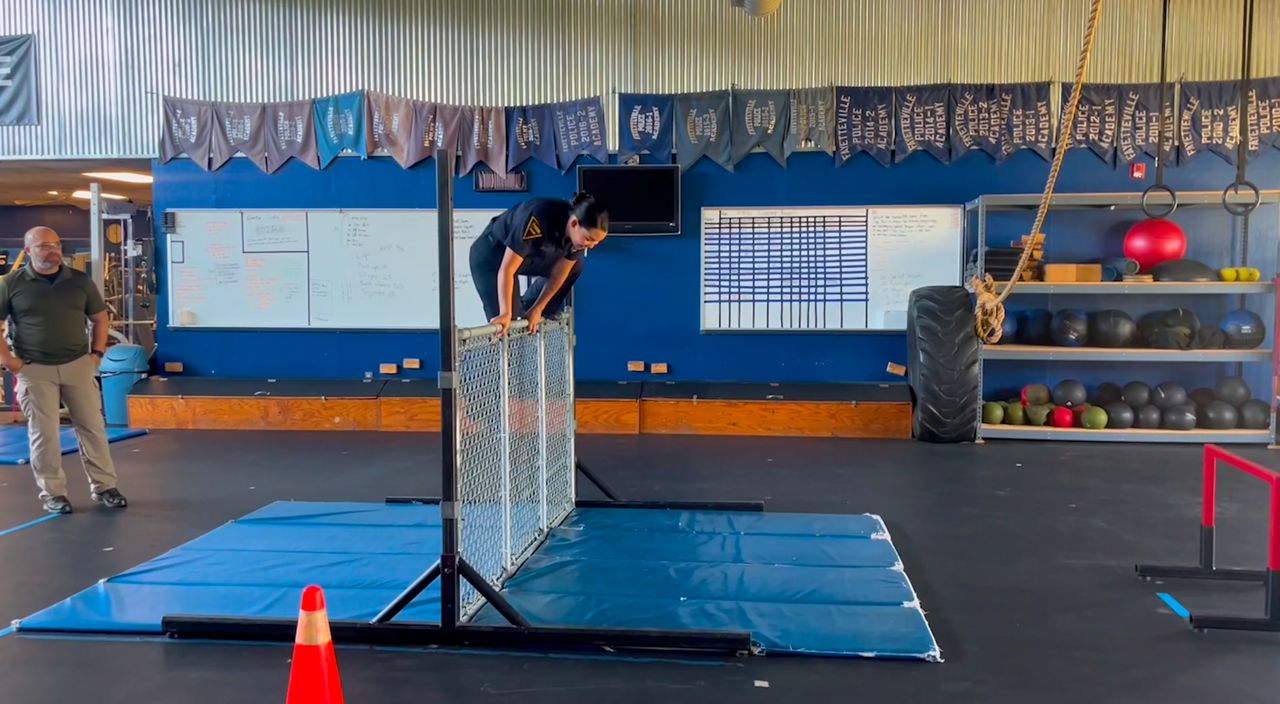RALEIGH, N.C. — Before Sarah Koonts are two photographs from two very different eras.
One is an ambrotype of Easley Hunt, a Civil War-era photographer from North Carolina. The other is a printout of a digital image of a woman on a videoconference call during the COVID-19 pandemic. Both will be preserved forever in the state archives, under Koonts' watchful eye.
Koonts has worked for the North Carolina State Archives for nearly 30 years, becoming the state archivist in 2012. On any given day, she might be tasked with preserving documents from an outgoing state official, tracking down artifacts for a historian or helping a genealogist trace a family tree. A love of government records and helping people find things brought her to the top of the state's efforts to preserve its history.
“I've really come to enjoy sharing the collections with people through tours, or we take pieces out on the road,” she said. “That's fun, too.”
Since she started working for the archives, Koonts has seen more and more of her work shift online. Even before the pandemic, most interaction with patrons was through email. These days, archives staff typically locate a record from an email request and scan it. Although many records have been digitized, Koonts said an internet search won't always help you find what you're looking for.
“I have four facilities in Raleigh and about 2,000 cubic feet of records, so not everything is going to be online,” she said.
Some of North Carolina's oldest possessions are under Koonts' care. One crowd-pleaser is the original charter English King Charles II granted in 1663 to the eight Lords Proprietors who established the Province of Carolina. Remarkably well-preserved, the document constitutes what Koonts considers to be North and South Carolina's birth certificate. Also in the collection are a letter from then-President George Washington to the then-governor of North Carolina and the state's original copy of the Bill of Rights. She still remembers bringing the document to the archives' vault after the FBI recovered it in a 2003 sting operation. The document is badly deteriorated from its nearly century and a half in private hands and so rarely leaves the vault.
Koonts' efforts have as much to do with preserving the present as the past. When the COVID-19 pandemic began, the state archives asked North Carolinians to submit essays, photographs, and other reflections of the pandemic. When racial justice protests began in May of 2020, the archives asked people to submit materials from those events as well. Both efforts are ongoing.
Koonts said everyone's experiences are part of the North Carolina story, so she encourages people to submit materials. Right now, the archives are only accepting digital submissions due to the pandemic.
“Be attentive to your own family's stories and your own family's papers,” she said. “You don't have to be George Washington to be an important part of history.”
N.C. HISTORY
The Keeper Of The Carolina Story
PUBLISHED 9:19 AM EDT Apr. 02, 2021









